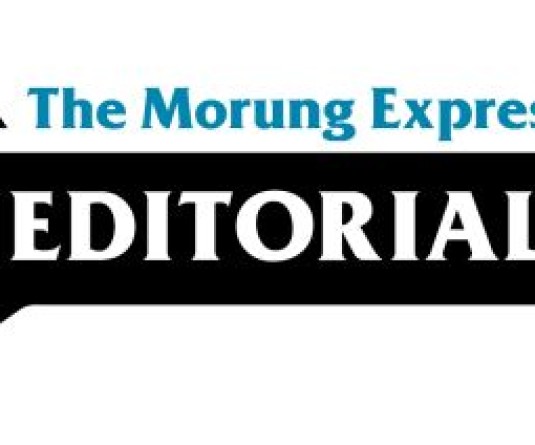
As reported widely in this newspaper, the Union Law Ministry and the Election Commission of India (ECI) will be organizing nation-wide consultations with political parties, NGOs and other stakeholders on a proposal for making comprehensive reforms to electoral laws. The exercise is expected to cover a slew of issues ranging from criminalisation of politics, funding of elections, to auditing and financing of political parties, adjudication of election petitions and review of the anti-defection law. As per the programme chalked out, there will be a total of seven regional consultations from December 12 to February 5, followed by national-level consultations on April 2 and 3 in the National Capital. A nine-member core committee has prepared a background paper, which will form the basis of the discussions. The 42-page document has also been put up on the homepage of the Law Ministry's Legislative Department, http://lawmin.nic.in/legis.htm, inviting comments and suggestions. Political parties from Nagaland should also get a copy of the document and prepare its own ideas and suggestions so that when the time comes for discussion, necessary inputs can be provided. It should also be an opportunity for our political parties and also the voting public to educate themselves on the nuances of election laws and its reforms.
Having said that, however by now the Naga public will also be aware about the urgent need to correct the election system we have right now. While there are many issues of concern that needs reform, one that requires immediate attention is on the ‘money power’ during election time. Our elections in Nagaland could be one of the most expensive compared to the all India level. Each candidate is expected to spend crores of rupees if he has any hope of winning. And with the amount of money spend during election, once elected, he is compelled to recover the so called investment made at the hustings. This is the root cause of political corruption which we see today all around especially in Nagaland. If only we can make our elections less costly, things may improve as far as fighting corruption is concerned. And since the need to spend such huge money is a problem faced by all candidates irrespective of party affiliation, it makes sense for our political parties to actually sit down together and come out with common solutions. At the same time we need to also educate the voting public about such problems after all it is the politician who has the cash to spend while it is the public who is tempted to sell his vote in return.
The high cost of election is therefore a chronic problem and will require the right dose of medicine. Recently the Indian National Congress came out with a five-point action plan to deal with corruption. Coming as it is from a ruling party, one should welcome such an initiative as both necessary and timely given that the ECI is also attempting to cleanse the election system. Some of the points in the action plan include the need to develop a new system of fast-tracking cases of graft by public servants and politicians; full transparency in public procurement and contracts; relinquishing discretionary powers that “breed corruption” etc. No doubt these are important to fight corruption. However as we have already mentioned election and corruption is directly linked and we need to go to the root of the problem. The Congress action plan has also made a mention of it i.e. the proposal for state funding of elections. It is a fact that despite speaking about it in seminars or public forums the so called electoral reform process remains grounded. Although political parties make tall assurances on this issue but they are unable to come to any firm decision on introducing these reforms, vital to the cleansing of our politics. It is about time for the ECI and the political parties in the country to invest time and initiative on cleansing the electoral system. The nation-wide consultations announced to be held over the next few months will hopefully come out with the much needed consensus on electoral reforms.





